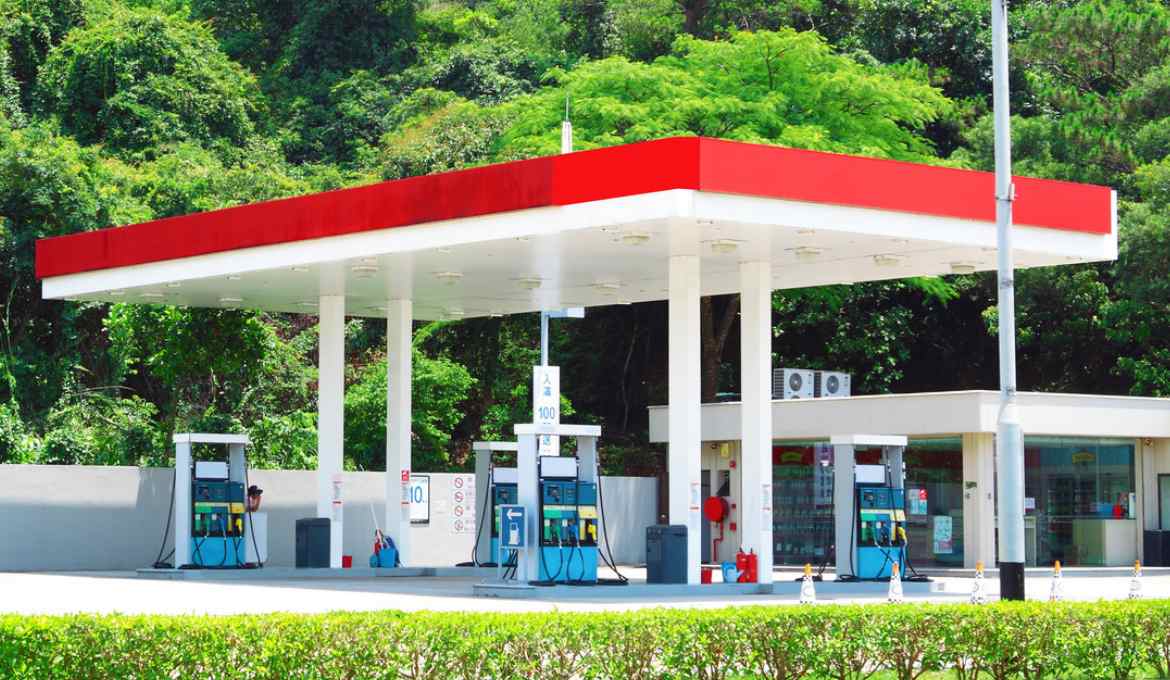
Top 5 Reasons Integrated Automation is a Must for Mid-Market Fuel Retailers
Mid-market fuel operators are facing mounting pressure from shifting consumer behaviors, increasing business costs and growing operational complexities. Fortunately, a recent study conducted by Titan Cloud and NACS Research shows there’s still untapped potential for smaller retailers to combat rising operational costs with innovation.
In our latest webinar, Brent Puzak and Dylan Birdsong from the Titan Cloud Solutions Consulting team presented real-world insights from our 2025 Downstream Fuel Industry Report and discussed the critical moves mid-market fuel operators need to make now to drive efficiency, increase revenue, reduce costs, and improve customer retention.
Here are some highlights from the conversation.
Discussing trends found in the report, Puzak and Birdsong identified challenges facing fuel operators of all sizes. Nearly a third of respondents to the study, for example, said that rising operational costs are their biggest concern. They emphasized factors like storage, transportation, maintenance, and labor, all of which squeeze already tight margins. In terms of the biggest opportunity for cost reduction, participants were almost evenly divided between fuel logistics and maintenance/compliance.
Overall, the solutions consultants agreed, mid-market retailers are particularly vulnerable to challenges facing the industry today.
“What I’ve found alarming is that more often than not, mid-market operators have really disconnected and siloed systems. The infrastructure they’re using to manage their operation is based on aging technologies that aren’t necessarily giving them the visibility they need to manage their business,” said Puzak. “Looking at the survey data, 61% really don’t have any kind of solutions to reduce operational costs. Specifically, 53% have no technology in place for automating fuel deliveries or the inventory management process. This data exemplifies the technology gap between mid-market operators and their enterprise counterparts.”
Maintenance costs also tend to be a bigger hurdle for mid-market businesses, where staffing challenges can spread personnel thin.
“They spend an extra 10 to 20% on maintenance costs compared to enterprise organizations. With limited ability to respond quickly, they see lost revenue from down equipment of about one to 2%,” said Puzak. “We’re seeing that more than half of mid-market operators rely on reactive approaches. They’re not leveraging technology to gain visibility into what they should be fixing before it causes problems.”
The conversation next turned to specific challenges faced by fuel operators around supply and logistics, maintenance and compliance. Supply chain volatility, demand fluctuation and fierce competition were named as the biggest barriers to optimal operations, exacerbated by the need to manage supplier relationships and adapt to quickly changing market forces. Birdsong described what he sees in mid-market operators that use outdated technologies.
“They’ve got ERP systems, spreadsheets, phone calls, emails—all of which make these consistent challenges even more of an uphill battle. As solution consultants, we often see our clients using limited technology for complicated operations, paying about 25 to 75 basis points higher than needed on their loads. That factors into a very big number at the end of the year,” he said. “Mid-marketers tend to manage supply and logistics in-house, but they’re also very concerned with securing the lowest possible fuel price when available. This is why we also see them leaning toward outside tech adoption to better optimizing their supply and logistics.”
Puzak and Birdsong agreed that at times, mid-market retailers can make the mistake of treating compliance as an afterthought. Many rely on spreadsheets or electronic shared files—or outsource to a vendor who maintains records outside of the organization. Only after an adverse event—a fine assessment, loss of key personnel, or falling behind on regulatory changes—do these operators look at adjusting how they manage compliance. Puzak sees the fallout of these methods when talking to clients.
“Ultimately, they’re lacking that single source of truth for all their compliance support. Preparing for compliance inspection, it might take them an hour to pull everything together from different places,” he said. “In our experience, this approach leads to increased regulatory violations. We see operators facing an 80% increase in overall violations across their sites. Plus, they’re taking on higher costs to clean up their locations because they’re not finding leaks and issues as fast as they should.”
Reports from the Environmental Protection Agency (EPA) align with what Titan Cloud is observing across client sites.
“Data we’ve looked at from the EPA tells us that about 40% of mid-market businesses are regularly being issued violations for various compliance related items,” Puzak added. “Around 30% of those operators were written up because they weren’t maintaining the right release detection data. Without being able to put that data into a cohesive segment, readily available for the regulators, leaves them out of compliance for monthly walk-through inspections.”
The solutions consultants next dove into the playbook for mid-market businesses, noting that enterprise level technology is readily available to smaller operators, offering significant benefits in a competitive and changing industry. They covered what makes the Titan Cloud platform uniquely capable of helping these retailers prime for growth.
“In looking at our poll questions today, 67% of the of the attendees are focused on cost effectiveness. Technology is a cost segment, but when you look at the ROI and the cost benefit, the ROI of leveraging technology gives tremendous value long term,” said Puzak. “At Titan Cloud we see it time and time again. No matter the size of the business or what niche you occupy within today’s market, you stand to benefit from employing a single platform that will connect your systems, wrap your data into a central hub, and allow that data to be shared across systems and teams with ease and effectiveness.”
To hear the full conversation, watch an on-demand recording of the webinar here.
To learn how Titan Cloud can empower your business with the integrated technology needed to succeed, speak with one of our solutions consultants today.
